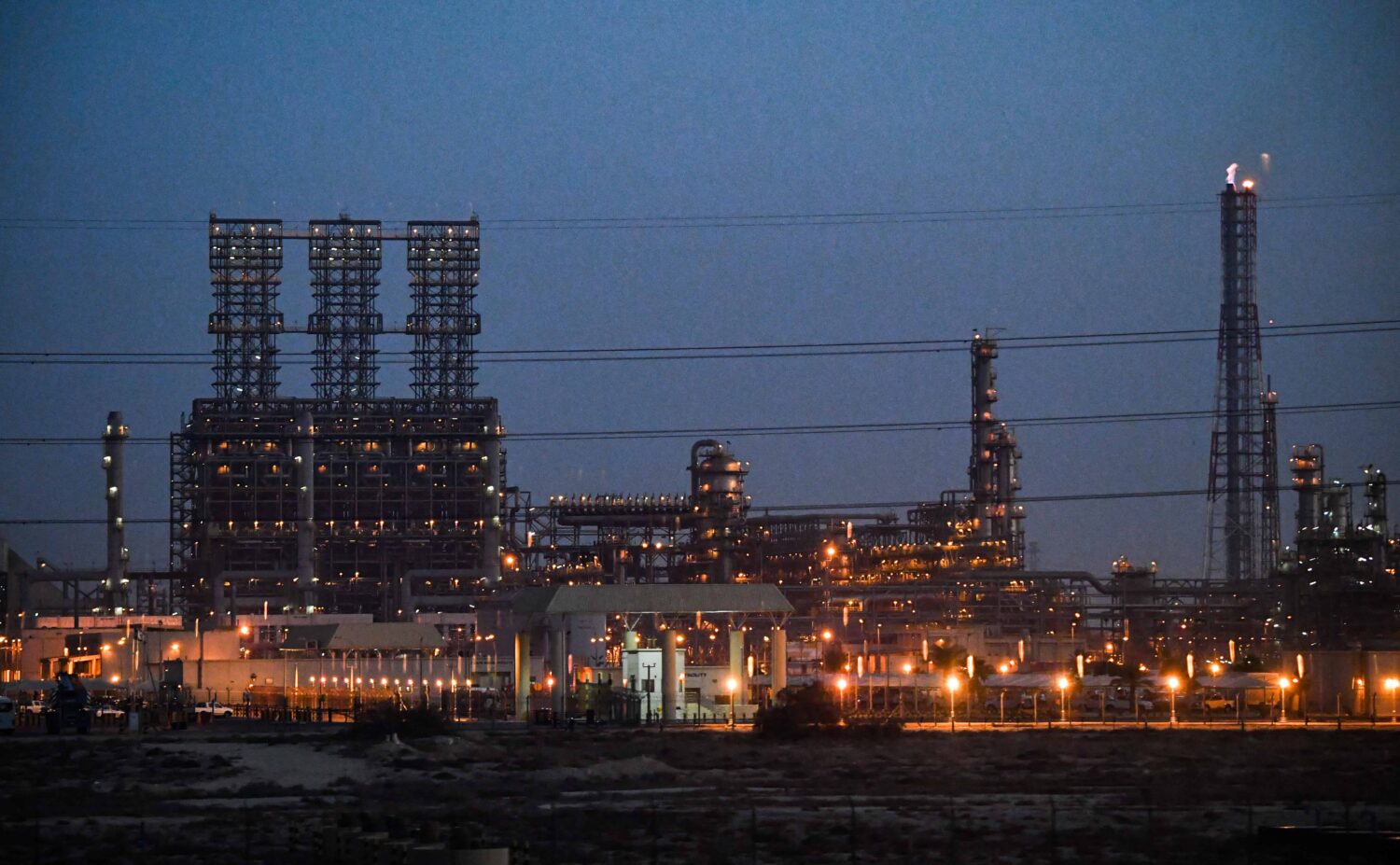Riyadh, Saudi Arabia— Saudi Arabia has rejected as “not based on facts” statements criticizing the kingdom after an OPEC+ decision last week to cut its oil production target despite U.S. objections.
According to the Saudi foreign ministry, the OPEC+ decision was unanimous and took into account the balance of supply and demand and was aimed at curbing market volatility.
Saudi Arabia has told the US that postponing OPEC+ decision to cut production is negative for the world.
“The Kingdom clarified through its continuous consultation with the US Administration that all economic analyses indicate that postponing the OPEC+ decision for a month, according to what has been suggested, would have had negative economic consequences,” the statement said.
OPEC+, the producer group comprising the Organization of the Petroleum Exporting Countries (OPEC) plus allies including Russia, announced its new production target after weeks of lobbying by U.S. officials against such a move.
The United States accused Saudi Arabia of kowtowing to Moscow, which objects to a Western cap on the price of Russian oil in response to its invasion of Ukraine.
The Saudi foreign ministry statement, quoting an unnamed official, stressed the “purely economic context” of the oil cut.
“The Kingdom clarified through its continuous consultations with the U.S. administration that all economic analyses indicate that postponing the OPEC+ decision for a month, according to what has been suggested would have had negative economic consequences,” it said.








